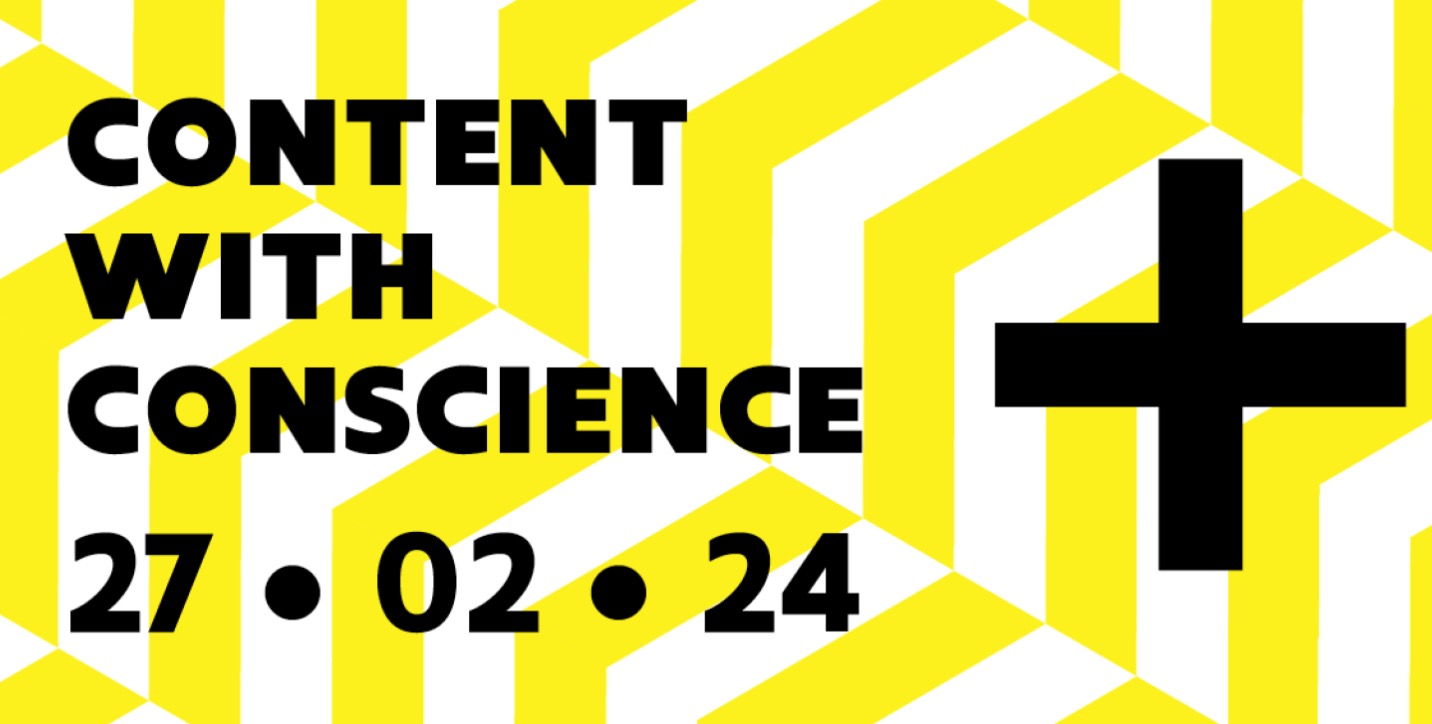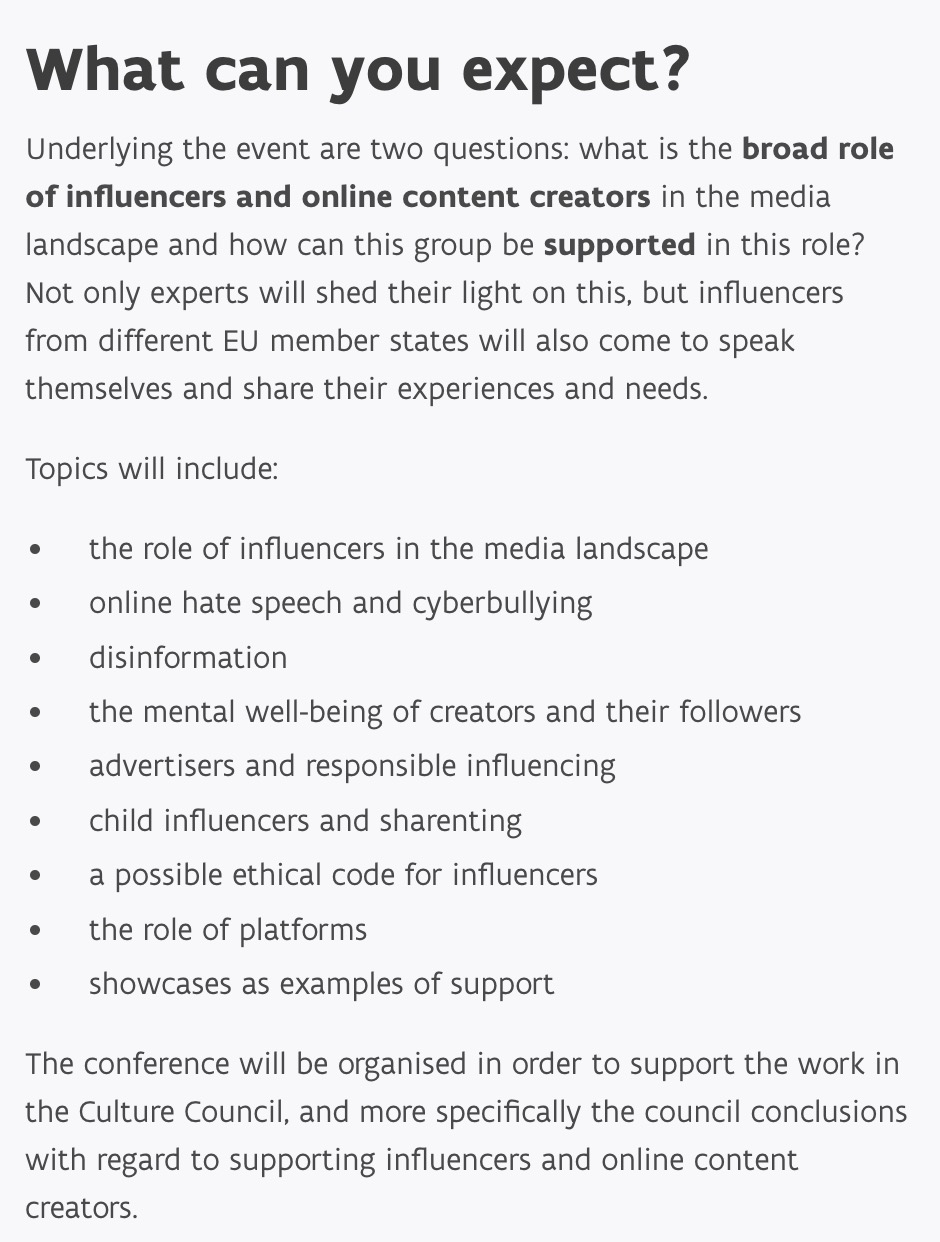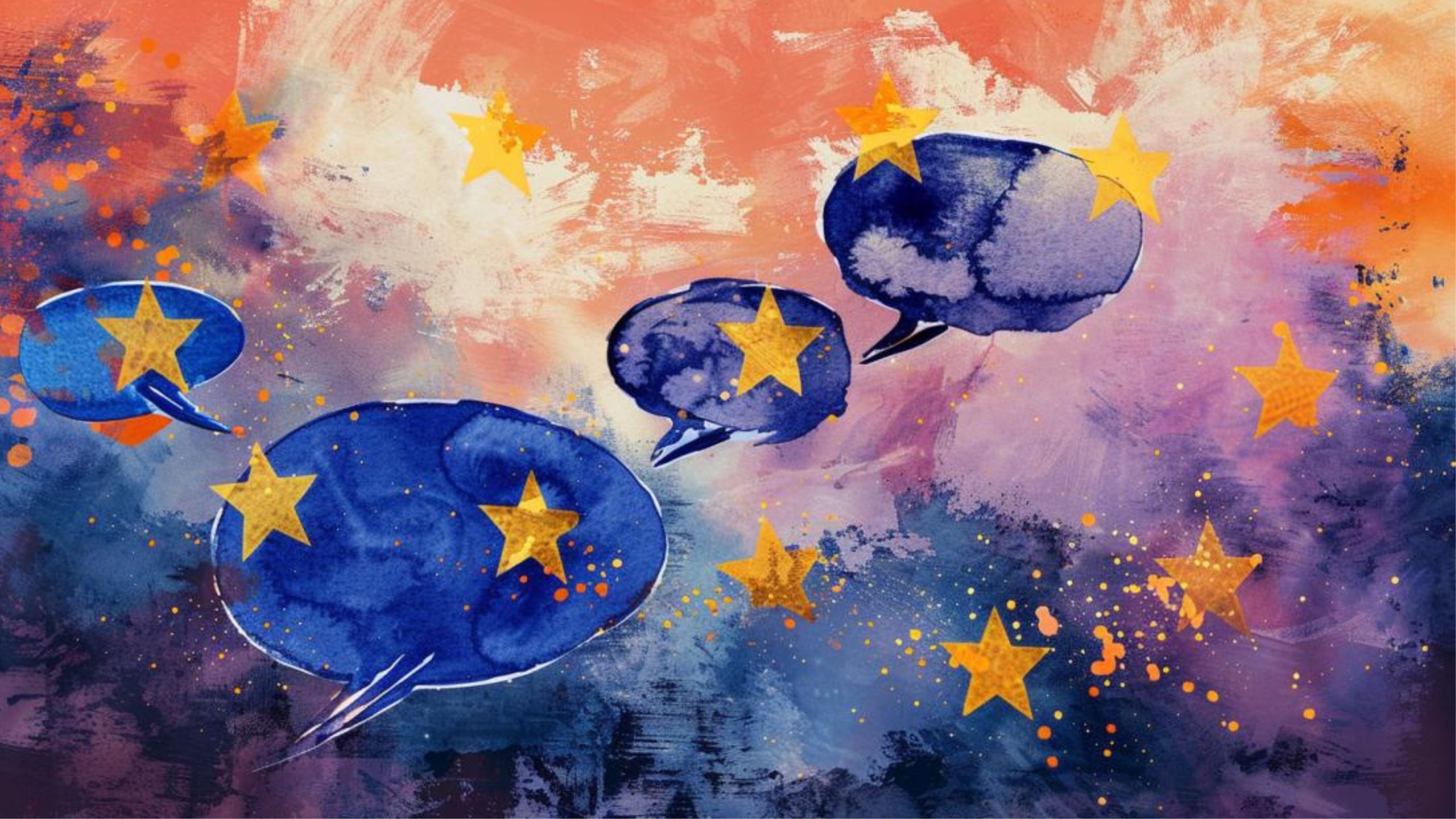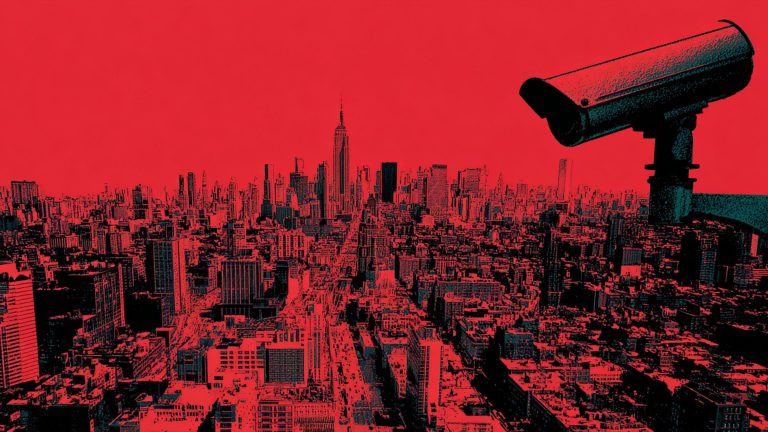EU’s next target in the bloc’s self-inflicted “war on disinformation” is – online influencers.
The initiative comes with the stated goal to “educate” influencers, using regulations, about what their responsibilities are in case “harmful” content they share happens to be deemed as having a “potential” adverse impact on their audience.
You could hardly get more convoluted in trying to push through rules that are not meant to prevent unlawful behavior – because none is happening – but to, regardless, steer online narratives in a desired direction. And that’s why you know this is coming from Brussels, even if reports had failed to specify.
And “from Brussels” is a double entendre, since the idea originates from the current, 6-month Belgian EU presidency, the European Conservative reported. “Harmful content with potential impact” would be the usual collection of poorly or controversially defined disinformation, hate speech, cyberbullying, and the like.

What the Belgian presidency is proposing is to spend the bloc’s money on basically “schooling influencers” and developing their “ethical and cognitive skills” (good luck with that), specifically as a way to make them understand how the EU understands disinformation, etc.
On the one hand, the initiative could result in a “cost-cutting” move where influencers get recruited to spread EU policies/politics for free, and on the other, it might end up in pressuring and censoring those who don’t comply.
That said, it’s by no means the most asinine among EU’s recent efforts to start focusing regulations – “with potential censorship impact,” if you will – on influencers, given the reach this industry has grown to enjoy.

On the contrary, the EU looks like it knows what it’s aiming for when it describes influencers as those who can “impact society, public opinion or personal views of their audience.” And it would very much like such persons to “align” with its messages.
Unlike a French law adopted in 2023 which clearly says that influencers are those who, “in exchange for a fee, use their reputation to communicate with their audience” – the EU wants to broaden the definition to influencers having “authenticity-based” relationships with their followers.
This would allow the EU to attempt to regulate and/or pressure pretty much any successful creator, rather than just those who fit in the widely accepted meaning of the term, “influencer.”








